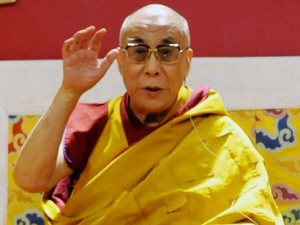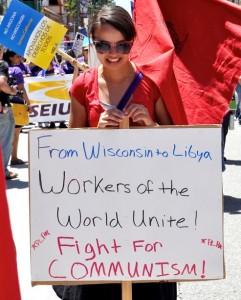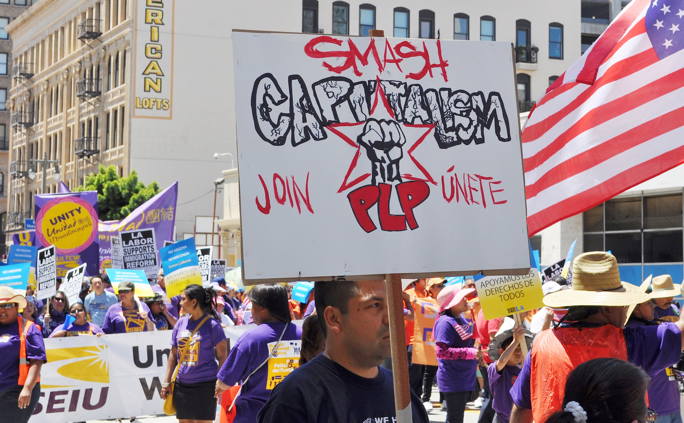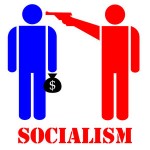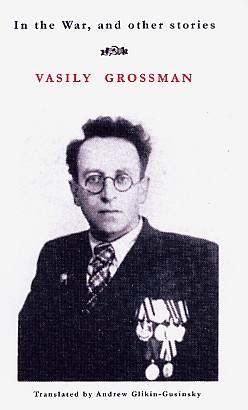It is the insurmountable flaw in all leftist philosophy, the insoluble contradiction, the problem that cannot be overcome: No matter what form that leftist philosophy takes — whether it be progressive, egalitarian, democratic-socialist, welfare-statist, communistic, or any other name those of this mindset wish to call it — in order to redistribute wealth, there must first be wealth to redistribute.
Somebody must produce, and the left-winger cannot exist without this person.
The welfare state cannot exist without the producers of welfare.
For exactly this reason, the left-winger is at the mercy of the very person he seeks to plunder. The left-winger relies on those he so often denigrates.
The state by definition cannot produce. It is (by definition) an agency of force. If you have any doubt about that, consider this:
The state cannot spend or redistribute a single cent unless it first either borrows, taxes, or prints.
As Janet Daley so felicitously phrased it in her recent London Telegraph article:
This was the heaven on earth for which liberal democracy had been striving: a system of wealth redistribution that was merciful but not Marxist, and a guarantee of lifelong economic and social security for everyone that did not involve totalitarian government. This was the ideal the European Union was designed to entrench. It was the dream of Blairism, which adopted it as a replacement for the state socialism of Old Labour. And it is the aspiration of President Obama and his liberal Democrats, who want the United States to become a European-style social democracy.
But the US has a very different historical experience from European countries, with their accretions of national remorse and class guilt: it has a far stronger and more resilient belief in the moral value of liberty and the dangers of state power. This is a political as much as an economic crisis, but not for the reasons that Mr Obama believes. The ruckus that nearly paralysed the US economy last week, and led to the loss of its AAA rating from Standard & Poor’s, arose from a confrontation over the most basic principles of American life.
Contrary to what the Obama Democrats claimed, the face-off in Congress did not mean that the nation’s politics were “dysfunctional”. The politics of the US were functioning precisely as the Founding Fathers intended: the legislature was acting as a check on the power of the executive.
The wealth that the left-winger wishes to “spread around,” as Barack Obama famously put it, must originate somewhere.
Where?
Only one place: production.
That in a nutshell is the awesome logic of Say’s Law.
Production, said Jean Baptiste Say, is everything.
He was correct.
Capitalism, as the very name implies, is the engine of capital production.
But what is capital?
Capital is the the amount of wealth owned by a person or a business. Capital is a form of property, and it can, if the owner of that capital chooses, be used to invest. I emphasize that word because investment is the backbone of production, which is the backbone of job creation.
Without wealth, humans are impoverished. Thus, for humans the production of wealth is survival.
Ultimately nothing more fundamental than labor is required for the production of wealth.
Production = life.
Money merely symbolizes wealth. Money is not wealth in and of itself but only a representative.
When money is debased, as it is when, for example, it’s printed without real wealth (i.e. production) backing it, it loses its value. In this way, government has the power to indirectly divest the value of the savings that people have spent their lives accumulating: by printing money that can’t be backed by real wealth, government thereby strips money of its worth. When too much money is printed, the money inflates, and a dollar is no longer worth a dollar.
The left-winger’s big, big problem, which the right-winger has to his detriment also accepted (albeit tacitly), is rooted in the misbegotten belief that if government doesn’t provide it, humans interacting freely will not get it done. That is the source of the insoluble flaw in all leftist thought, which in turn has a deeper source: the belief that human survival should be assured.

